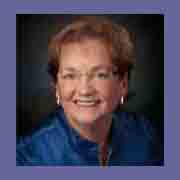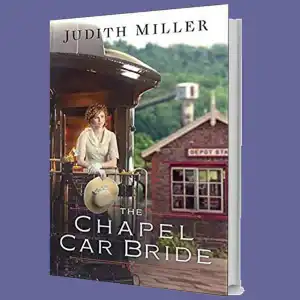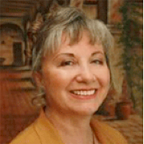Fifth in a Series
There were in the Mosaic law some very wise social provisions. One of these was gleaning. The poor were allowed to go into the fields after harvest and “glean,” pick up whatever grain and fruit the harvesters had missed. Even with modern methods, harvesting is rarely perfect, and it is not usually worth the effort and expense for the farmer to go back and find the small amount of food that was missed. But for the poor, these small amounts could mean the difference between eating and starvation. The poor got to eat, but the poor also had the satisfaction of working to get their food. It gave them dignity and purpose. (An imperfect modern equivalent practice is that the poor salvage the empty beverage containers that the rich throw away.)
Another social provision concerned widows. When a husband died, a brother or other relative would marry the widow and provide for her and her children. This is what Boaz later did for Ruth, and in the process he also provided for Ruth’s mother-in-law Naomi (Ruth 3-4). This offends our modern notion of romance, but it should be pointed out that our modern focus on romantic feelings has led to widespread divorce, leaving many single mothers and their children living in poverty. It is more important to find a good and moral spouse than a handsome or beautiful or romantic or flamboyant spouse.
These social provisions in the law worked very well for Ruth. Boaz even went beyond the gleaning law to provide extra food (charity) for Ruth and her mother-in-law. However, there are in her story hints about another social reality. Boaz told his workers, “Don’t reprimand her” (2:15) and “Don’t rebuke her” (2:16). He also Ruth, “I have told the men not to lay a hand on you” (2:9). Naomi also warned her daughter-in-law, “In someone else’s field you might be harmed” (2:22). Regardless of what the law said, some farmers would chase the poor out of their fields and not let them glean. A young woman such as Ruth would also be in danger of being “harmed”—raped or beaten. The poor were not blameless either. Boaz told his workers to let Ruth glean among the sheaves; underlying this is a hint that when other poor people were allowed to glean among the sheaves, they were not above stealing some of the already harvested grain.
As well, the man who was the closest relative later refused to marry Ruth because he feared it would endanger his own wealth and the inheritance of his own children (4:6). This was in spite of the fact that Ruth would come to the marriage with her father-in-law’s land, which her children would inherit.
The social provisions in the law were wise and beneficial, but only if they were followed. Good laws can be circumvented by selfish and immoral people. While commanding good, God is aware that people are often sinful.































































